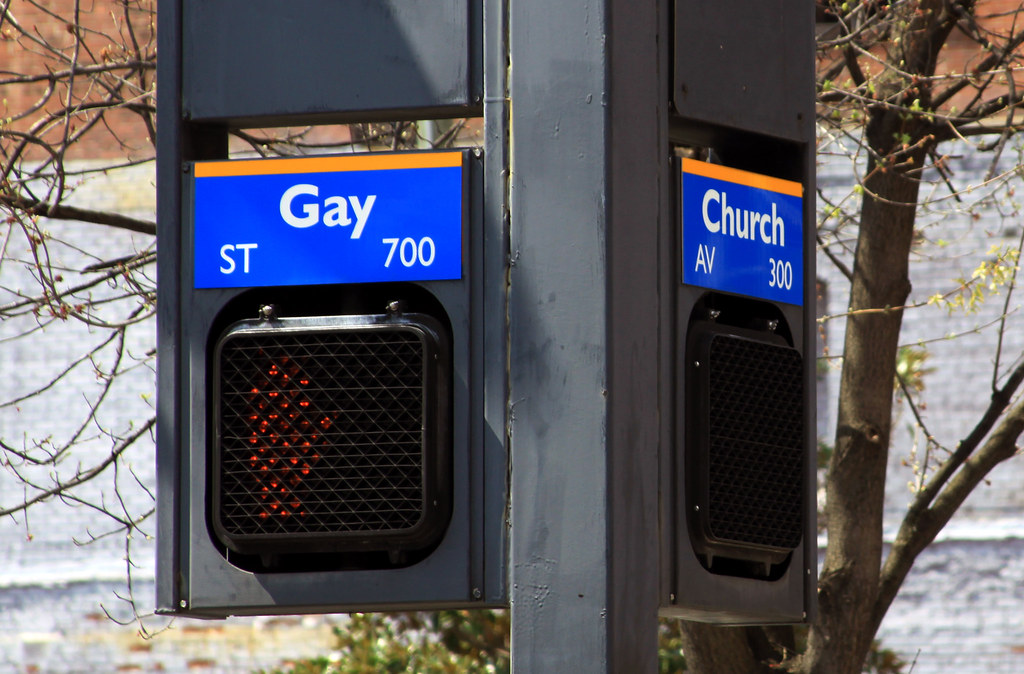In reality, it was a pretty untenable argument, but Orosius held onto that premise so doggedly that he eventually bent historical fact, logic, and Scripture itself to try and fit his theological bed of Procrustes. For one, it leads him to argue a lot of silly things, like that the barbarian sack of Rome wasn't really a sack, or that Constantine (who wiped out a lot of his family) was a model of virtue. His theology is absolutely terrible (Augustine pretty much tears it apart in City of God, Book 18), but its Christian-imperialistic vision appealed to the clerical masses-- so it stuck around as a fundamental text of the European middle ages and was even translated into Arabic.
Orosius was so convinced that God established the Roman Empire as the backbone of his new Christian order that he argued it was essential for Christian society to thrive on earth. So, if the Roman empire fell...? Hmm. Perhaps it's for the best that Orosius never lived long enough to see a barbarian king on the Roman throne and the dissolution of his beloved empire into little states run by Franks and Vandals. He'd have thought the world had gone to hell in a hand-basket.
So, I was morbidly interested to discover that the Manhattan Declaration invokes the same event, the presumed fall of Rome, in its Preamble:
What's funny so about this is that it isn't really true. Barbarian "tribes" didn't exactly "overrun" Europe; except for the Huns, a large part of them were already there, and the Romans pushed into them first. And, a huge portion of the Burgundians, Franks and Goths were Roman federates, soldiers, or-- depending on whose articles you read-- Roman citizens. The earliest copy of a non-Latin vernacular Bible is in Gothic. And, in just a couple of generations those monasteries they mention are stocked with so-called "barbarians" copying out the Bible themselves, completely unaware they almost destroyed Western Civilization. These barbarian invasions are mostly just a story we use to buttress our feelings of pride in our Christian heritage, and one the Manhattan Declaration invokes without question. There are a couple of other ideas they invoke without question, too-- things that make them pull an Orosius and distort their argument to make it support a bad premise.After the barbarian tribes overran Europe, Christian monasteries preserved not only the Bible but also the literature and art of Western culture.

Specifically, Orosius made the Roman empire more important to the continuance of Christian social order than it really was. I think that's my main problem with the Manhattan Declaration, too: they're trying to build the backbone of the social order on things never meant to bear that kind of weight-- and that thing is marriage. They think that the continuance of a sound social order rises or falls on the definition of what a marriage actually is.
So, that's where I'm going to spend some time today: what's the real center of society, as envisioned by the Bible? Where's the place of marriage? And what happens when hetero sex gets fetishized to the point of absurdity?







